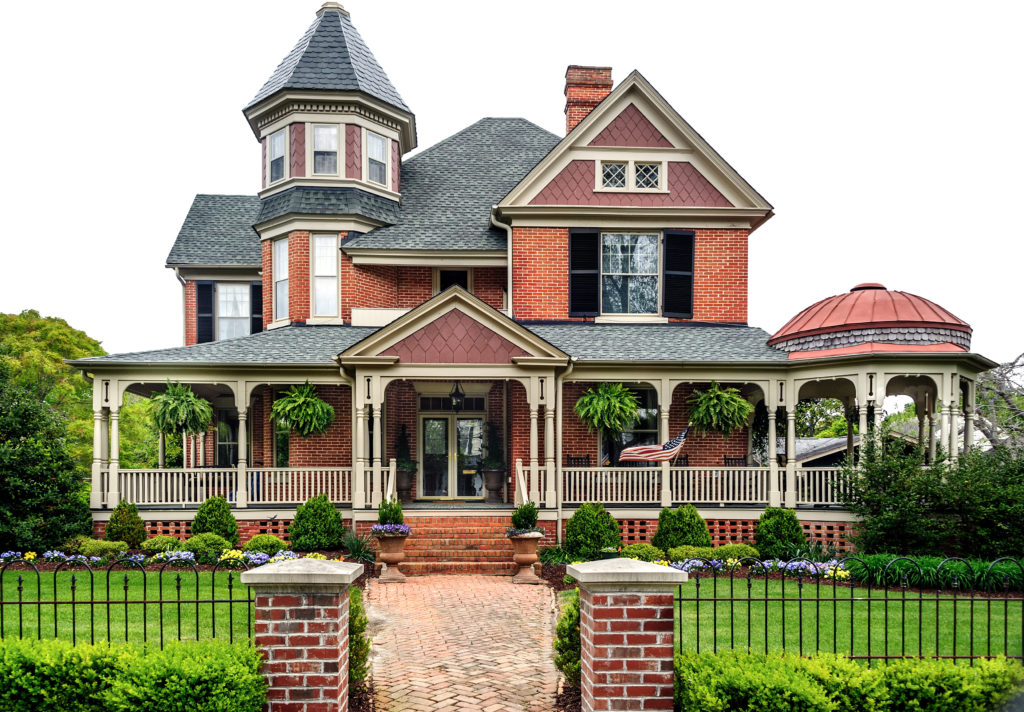Senior Loan Officer
NMLS: 454668
Russ Moore is a Senior Loan Officer with SmartMortgage.com. He is a 30 year industry veteran. Russ has helped thousands of families realize their dream of homeownership. The key to Russ’ success has been communication. From the first pre-approval conversation, to the closing table, his customers know where they are in the loan process.
In his own words, Russ states “I try to make obtaining a mortgage quick and easy, with no surprises.”
Whether you’re a first-time buyer purchasing a starter home or making a move up to your dream home, Russ has the skill and knowledge to help you pick a loan program and manage the loan process through closing.
Ready to work with Russ? Contact him at RMoore@SmartMortgage.com
NMLS ID #454668
I am authorized to do business in the states of California, Colorado, Florida, Illinois, Kansas, Michigan, Missouri, Ohio, South Carolina and Texas. Licensed by the Department of Financial Protection and Innovation under the California Residential Mortgage Lending Act; (www.nmlsconsumeraccess.org);


 There are several types of stigmatized properties
There are several types of stigmatized properties

